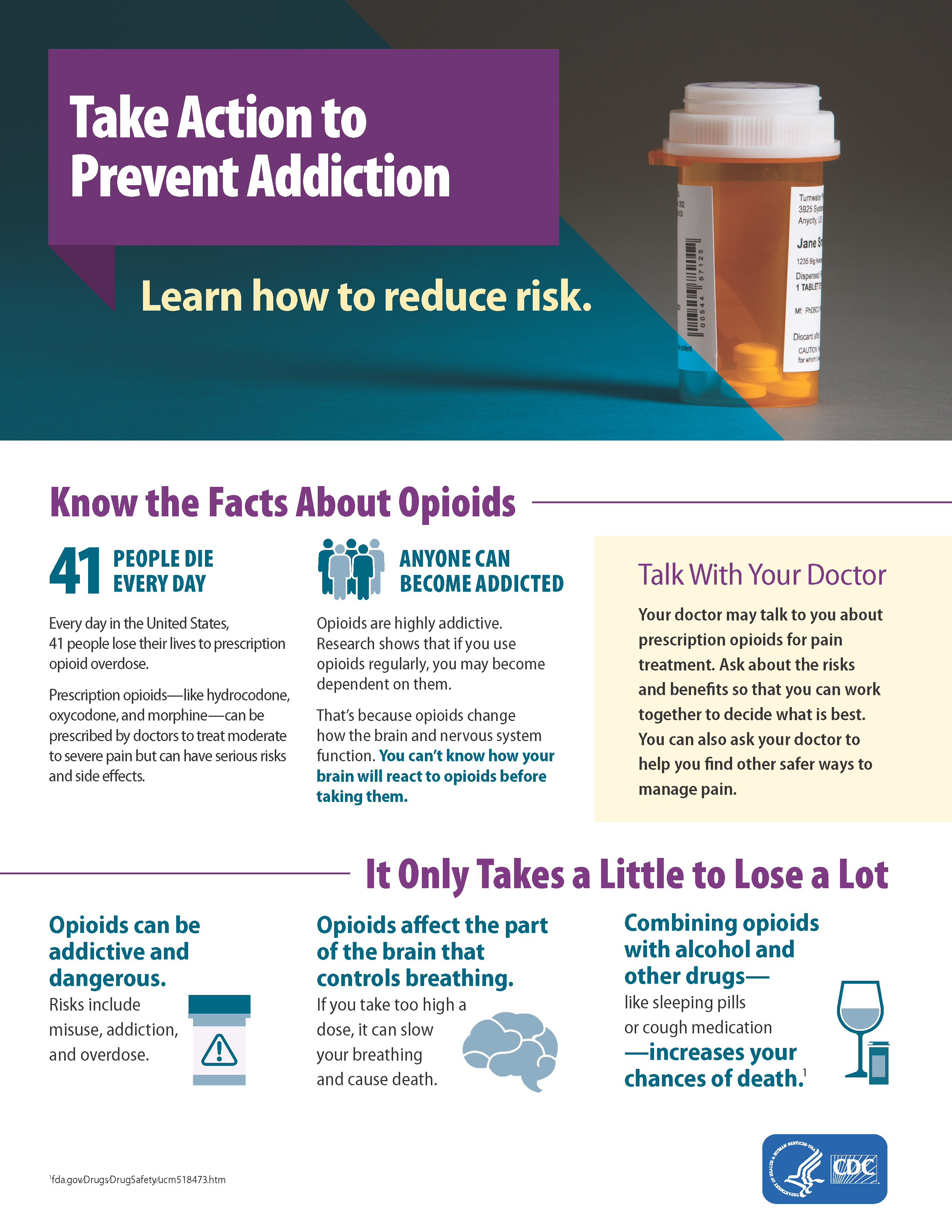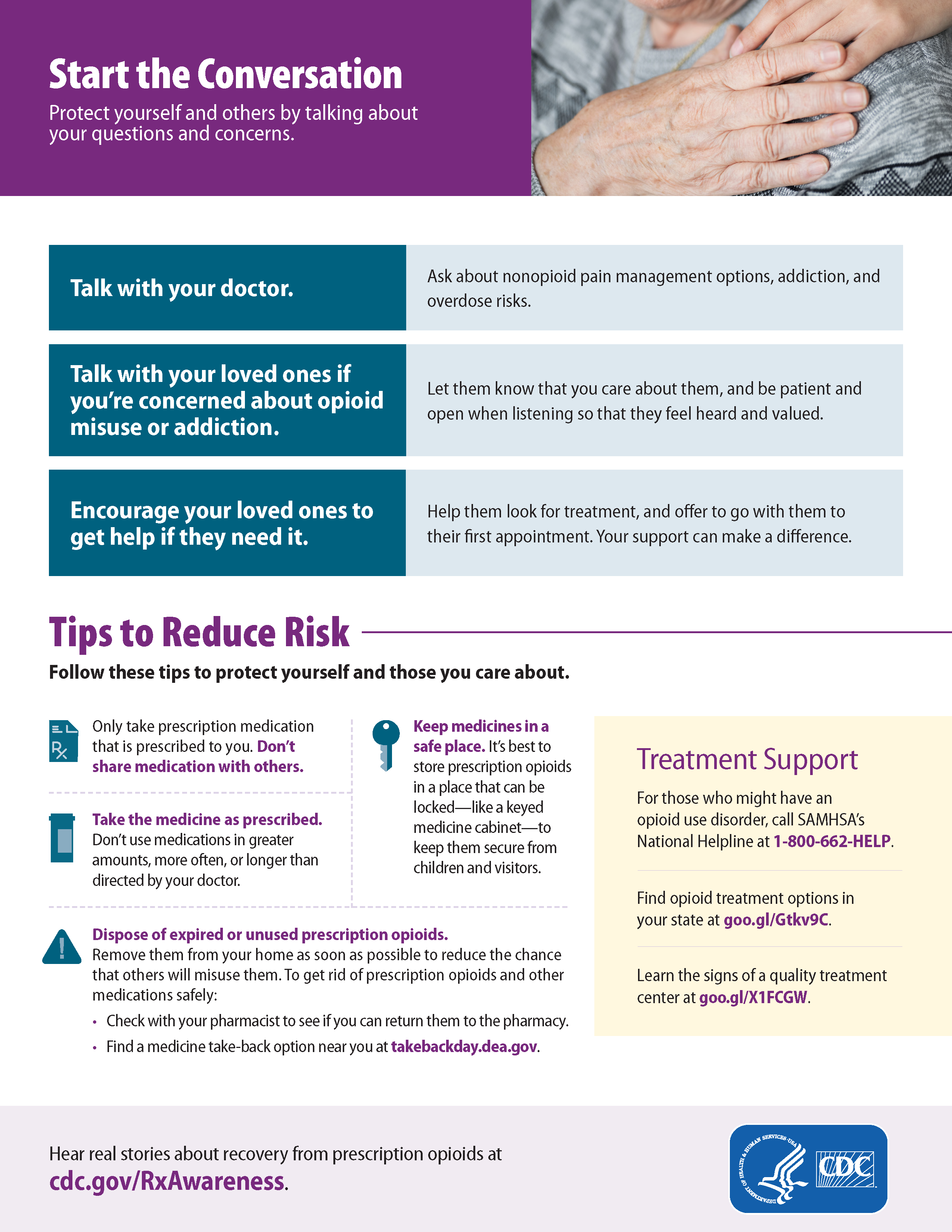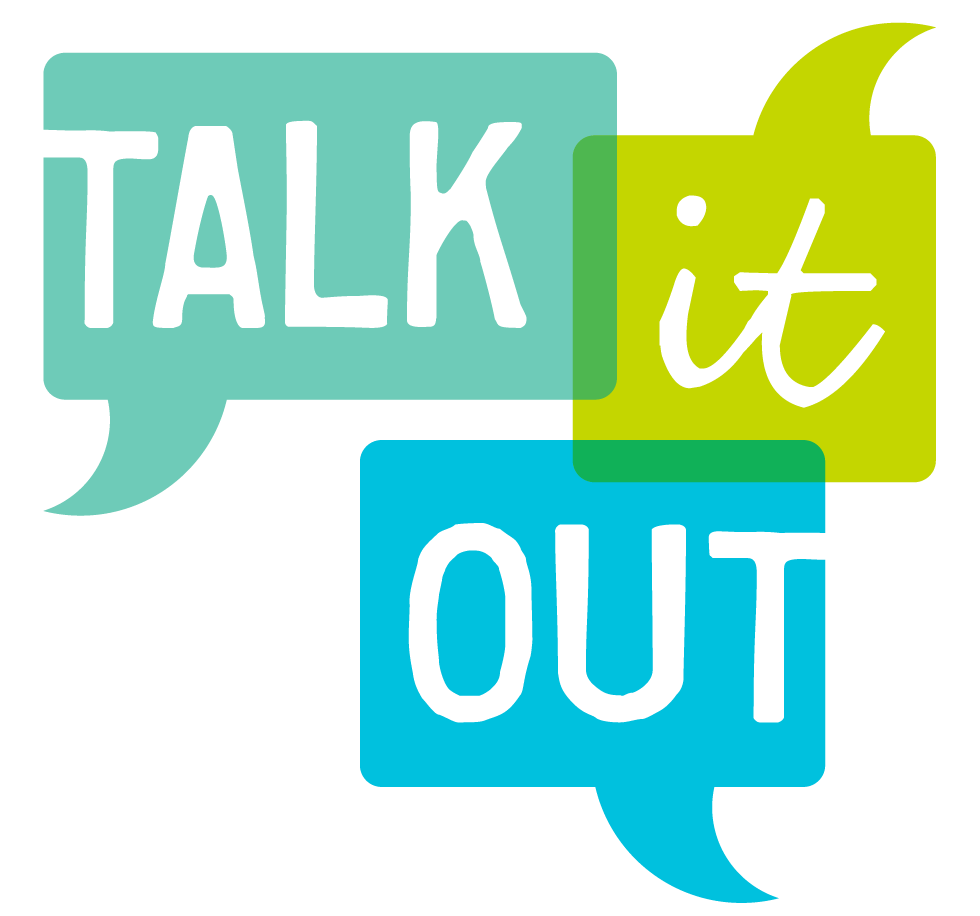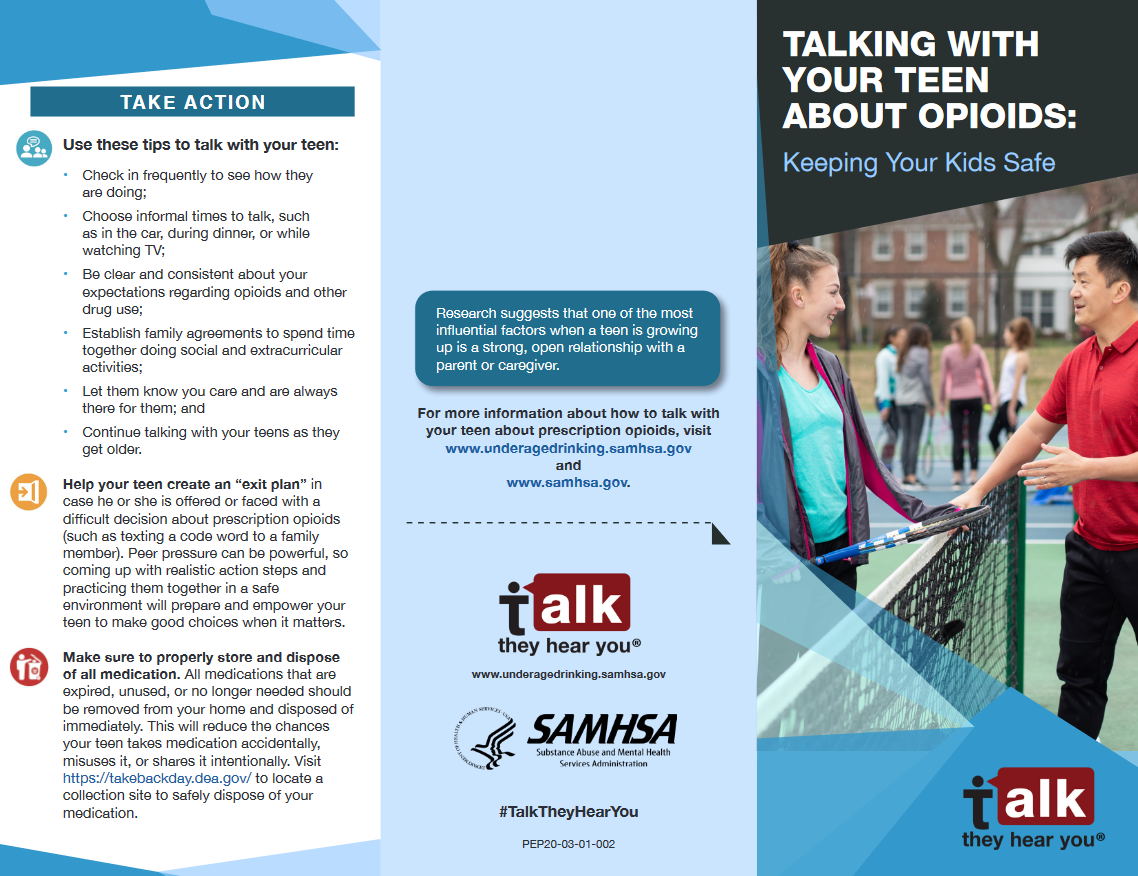Peer Pressure
Positive Peer Pressure
Positive peer pressure is when someone’s peers encourage them to do something positive or push them to change in a positive way.
Here are a few examples of positive peer pressure:
- Pushing a friend to study harder so they can get better grades.
- Getting an after-school job and convincing friends to get a job, too.
- (Sybertz, 2022) Saving money for a big purchase like a car and encouraging friends to do the same.
- Disapproving of bigoted jokes or (Gordon, 2022) gossiping
- Discouraging illegal or risky behavior, like under-age drinking or smoking

Benefits of Peer Pressure
- Advice: Friends can greatly support kids trying new things, exploring new ideas, or needing someone to help them solve a challenging problem.
- Encouragement: Peers can push each other to do new things, like trying out for the soccer team or the school play.
- Friendship and support: Feeling supported by someone who accepts us for who we are can boost self-esteem.
- Gaining new experiences: Sometimes, we need a little shove to do something we want but don’t have the courage.
- Modeling good examples: Friends help each other be better when they frown upon negative behaviors like gossiping or insensitive jokes and instead encourage positive behaviors.
- Practicing socialization: Learning about different social norms helps us adapt to different situations and decide which groups we want to spend time with and which we don’t.
Drawbacks of Peer Pressure
Possible negative aspects of peer pressure include the following:
- Anxiety and depression: Being around people who pressure us to do things we aren’t comfortable with can make us feel anxious and depressed.
- Arguments or distance from family and friends: Negative peer pressure tends to make us feel bad about ourselves, and this can cause us to withdraw from people we care about.
- Distractions from academics: Peer pressure can sometimes cause us to move our focus from our priorities because we’re engaged in things we wouldn’t normally do or distracted by thoughts about peer pressure.
- Pressure to engage in risky behavior: Friends may pressure each other to drink, try illicit drugs, engage in unsafe sexual activity, or drive recklessly.
- Problems with self-esteem and self-confidence: Constantly feeling pressure to do things against our values can make us feel bad about ourselves.
- Sudden changes in behavior: Trying to conform to a peer’s norms might prompt a person to start acting and looking like someone else.
- Unhappiness with appearance: If our peers fix on appearance, we may feel inadequate and want to change how we look to fit in.
Coping Strategies
Strategies that may be useful for helping someone cope with peer pressure might include:
- PLAN ahead: Think about the things you might be pressured to do that you don’t want to do. Plan for ways to deal with the pressure. Think about leaving a situation if it becomes uncomfortable. Identify a support person you could call.
- GIVE an excuse: Develop a canned excuse for why you can’t participate in something you don’t want to do. For example, some families have an arrangement where if kids text their parents a certain pre-planned word or phrase, the parent will call to say something has come up and they need to come home.
- BUILD friendships with the right people (Iannelli 2022): People who share your child’s values are less likely to be the people who will bully them into doing things they don’t want to do. Iannelli, Vincent (2022, June 23). How Kids Make and Keep Friends. Verywellfamily. https://www.verywellfamily.com/making-and-keeping-friends-2633627
- RELY on trusted adults: Help your child identify which adults in their lives are safe and accessible for when they need to talk or when they need help getting out of a tricky situation.
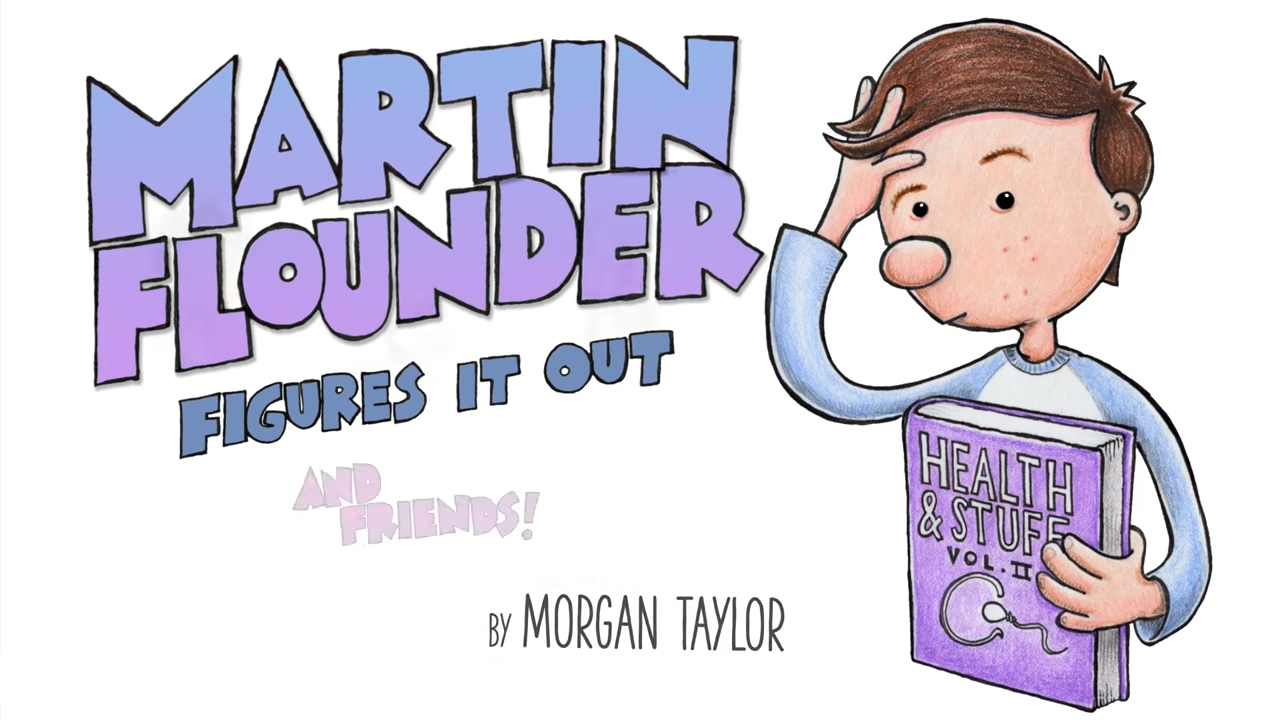
The Threat of Opioid Use for Families

Focus on delaying substance use in youth.
- Nine out of ten people with substance problems started using by age 18 (National Child Traumatic Stress Network, n.d.).
- For every year a teen delays substance use, the risk of addiction and substance misuse decreases by 4 to 5 percent (Scott & Krinke, 2019; Jordan & Anderson, 2017).

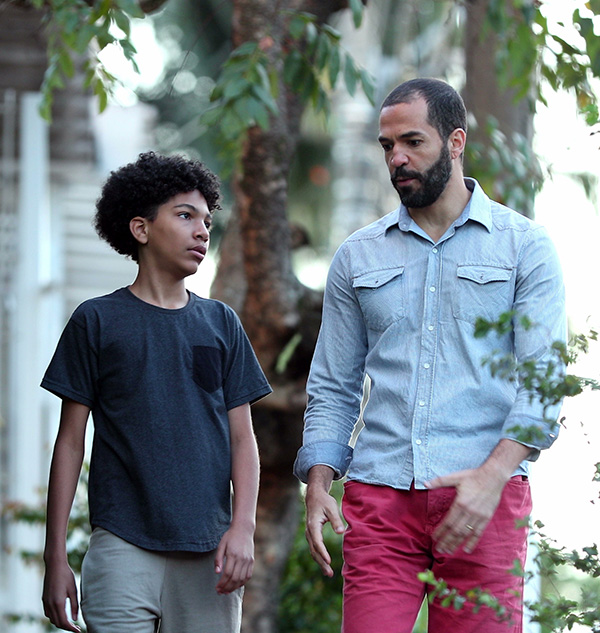
Start the Conversation
Stop Underage Drinking
To stop underage drinking, parents and teens need to talk openly and honestly about alcohol, peer pressure, and addiction. Start the conversation here: talkitoutnc.org.
For Parents

Talk to your children.
Teach your children how to say “no.” Help them develop the skills to think independently and encourage self-confidence. If you suspect your child or another person whom you love is being affected negatively by peer pressure, let them know you are someone they can trust and offer to make a plan for helping them get out of a bad situation (Morin, 2022).
- Avoiding school or other social situations
- Being very image-conscious
- Changes in behavior
- Expressing feeling like they don’t fit in
- Low moods
- Making social comparisons
- Trouble sleeping
- Making fun of someone else
Talk to your kids about drug use.
- Ask your child to explain what they know about alcohol and drugs. Clarify the facts and provide additional information. Share information from this website to correct misinformation and help your child get correct information. Keep the lines of communication open between you and your child.
- Inform your child that drugs are harmful and they may result in injury, overdose, or death.
- Use simple language to explain your rules about alcohol/drugs.
- Store opioids and other prescription medicine securely.
- Properly dispose of leftover prescriptions (Many communities offer “take-back” programs to collect unused medication.)

Talking with Younger Children
Muppets from Sesame Workshop help explain opioid addiction to young children.
Sesame Workshop
Source: NPR
Talking with Your Teen about Opioids
The Teenage Brain
Adolescent Brain
The human brain does not reach adult status until after age twenty-five. During the teen years, certain brain sections are more likely to reach out for excitement and get high than at other times. So, your brain can get you into trouble. However, if you know what’s happening, you can coach yourself to resist some of the lures.
Different areas of your brain grow and mature at different rates. See the limbic structures. These areas are responsible for your emotions and rewards. Lumen, n.d.
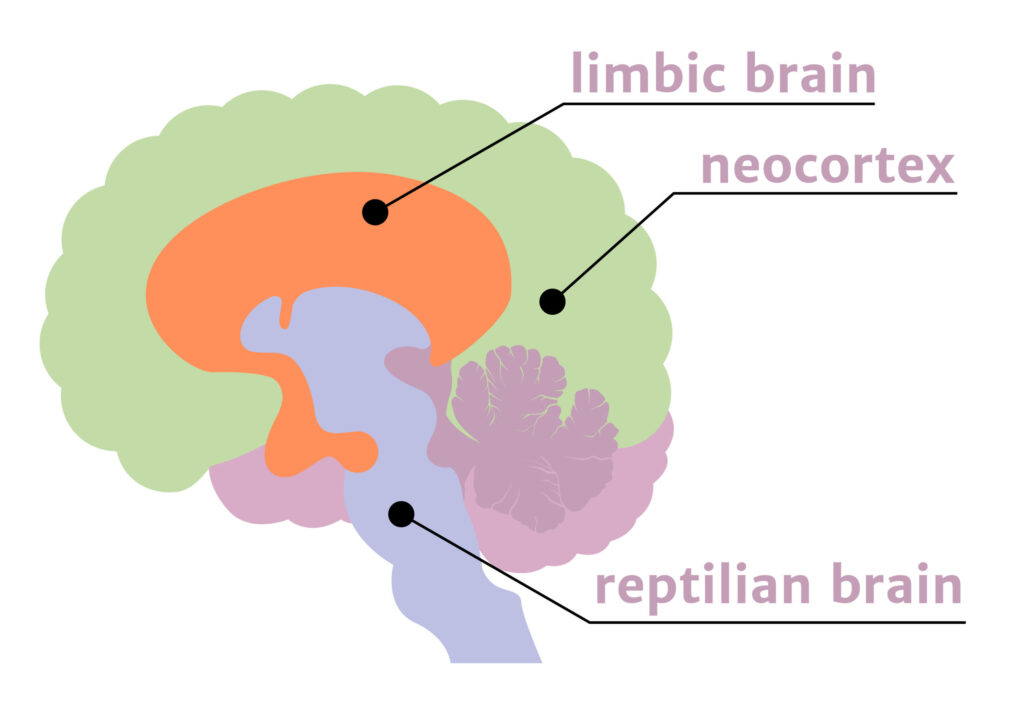
- The limbic system matures before the areas of your brain responsible for impulse control and judgment.
- This means you seek experiences that make you feel good before you realize you shouldn’t do something.
- So, you could get involved in drugs without realizing the harm they could cause you later.
- Your brain is like a cheerleader leading you into mischief before your coach can stop it (Compton et al., 2019; Partnership to End Addictions, 2023; Center on the Developing Child, n.d.; First Things First, n.d.; Finel, 2015; and VAWnet, n.d.).
Knowing this trick of your brain, you can outsmart your brain.
The pre-frontal cortex and areas around it are responsible for judgment, decision-making and impulse control. Even later, the brain develops and uploads the executive function, which allows you to plan and meet goals, display self-control, follow multiple-step directions, even when interrupted, and stay focused despite distractions, among other things (Abrams, 2022).
During the teenage years, the individual needs to forge independence from parents and fashion self-identity; seeking out novel experiences and taking risks are part of this process. Unfortunately, the uneven maturation of the adolescent brain also increases susceptibility to environmental influences dominant during the adolescent years, such as peer influence.
NIH — Teen Brain Development Video
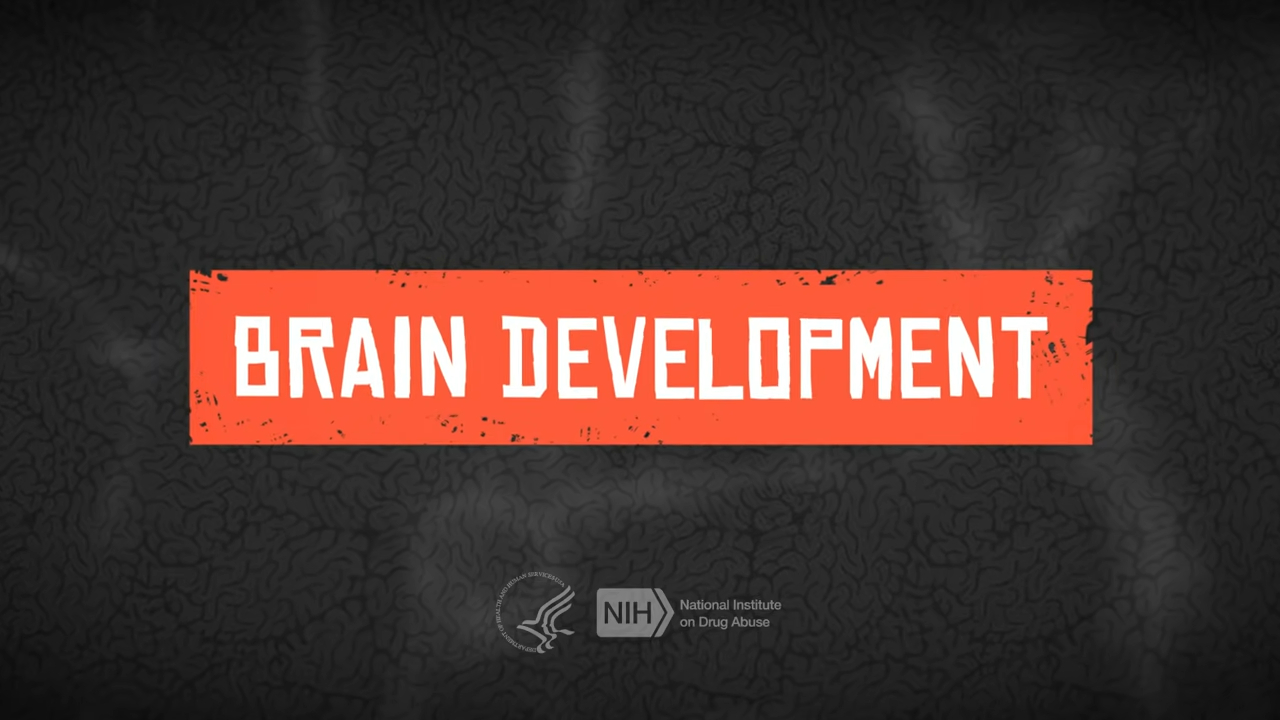
What’s the link between lack of sleep and drugs? Cell phones as culprits.
Another sleep problem is the cell phone. Cell phones emit blue light, which causes people to be more awake. So, put your cell phone in a drawer and don’t use it or other electronic devices at least a half hour before bed (Wiginton, 2022). If you insist on watching TV, that’s better for you than texting or gaming before bed. And what you watch on TV also matters; a sitcom rather than a suspenseful drama is better. There are also blue-light-blocking glasses, but stuffing your phone is easier (Pacheo & Truong, 2023: CDC, 2020; Rosen et al., 2019).
Most junior high and high school students do not get enough sleep. The recommendation for teens is nine-to-twelve hours per night to be extra alert and smart.
Despite biology and homework, lack of sleep has major consequences: impaired mood and attention and diminished impulse control. So, it’s harder to say no to things. This is not an excuse for doing drugs, but it means you must be extra alert and smart. If you’re too tired, you’re more likely to give in to drugs and peer pressure.
Sleep Aid
Beautiful Relaxing Music ‑Stop Overthinking, Stress Relief Music, Sleep Music, Calming Music #18

How Drug Dealers Are Exploiting Social Media to Target Young People

Drug Dealers Moving from Street Corners
to Social Media

How Schools Are Protecting Children
Summary by Darolia & Heflin, (2022)
- People with opioid use disorders are part of families, communities, and the workforce.
- The disruption brought on by opioid use can spread across several generations, affecting how well our educational system works, taxing social services like child welfare, escalating food insecurity, and lowering productivity.
- As a result, financial burdens extend beyond the direct effects documented at the local and state level. Thus, solutions must be comprehensive and far-reaching (Darolia & Heflin, 2022).
- To counteract the effects of overdose, all schools in Sacramento, CA K‑12 have Narcan available.
- PBS Video: 75 percent of adolescent overdose deaths in 2021 involved the powerful synthetic opioid, fentanyl, or other synthetic drugs.
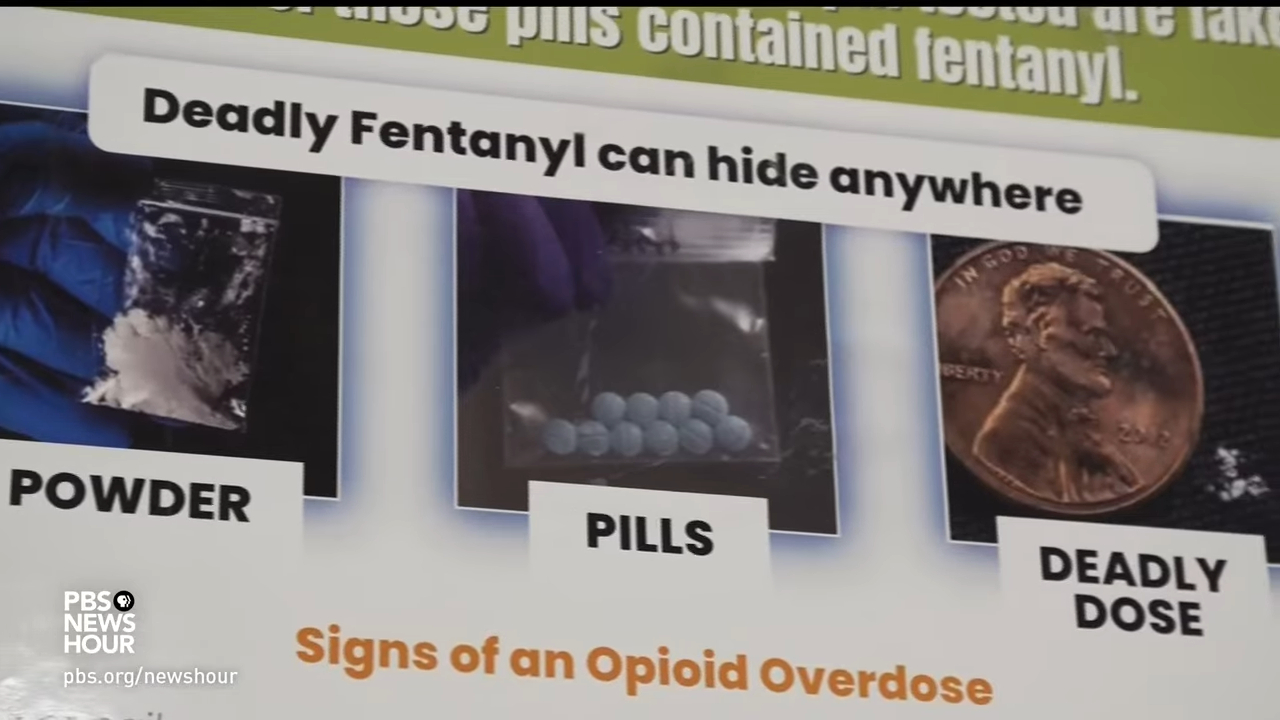
Discussion Questions
- How much time are you spending on electronics?
- How can you reduce such activities?
- Why should you put your cell phone away from your bed when you sleep?
- Why should you avoid texting before bed?
- How many hours of sleep do you regularly get?
- What can you do to increase this number? Can you think about ways you can improve your sleep?
- Sleep deprivation can lead to an increase in cravings for certain substances. What can you do to improve your sleep?
- People without enough sleep are more likely to experience mood swings, irritability, and impulsivity, making addiction more challenging to manage and making you more likely to give in to impulses. What do you understand about this information? What changes are you going to make?

